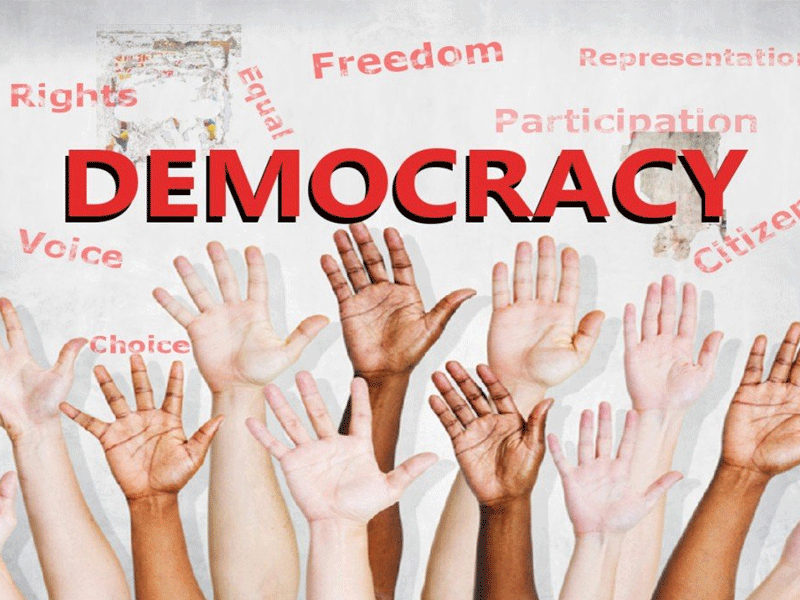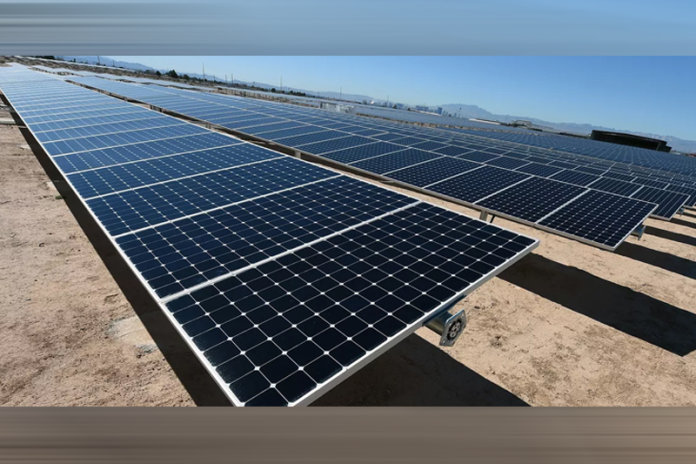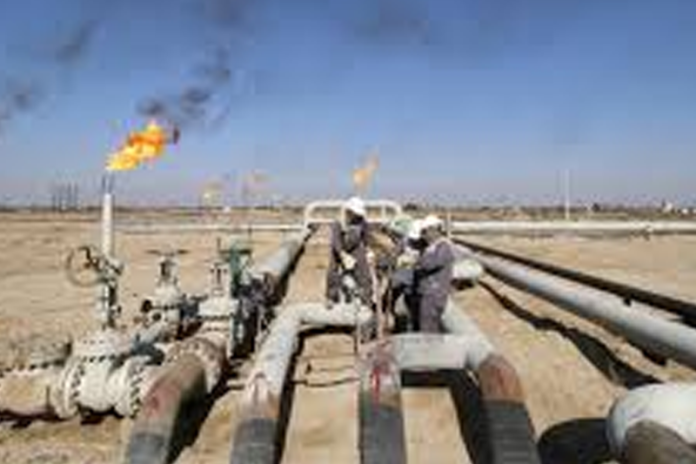Cons of democracy

- 331
- 0
Democracy is derived from the Greek word demos or people. It is defined as a government in which the supreme power is vested in the people. Democracy is exercised directly by the people; in large societies, it is by the people through their elected agents. In the phrase of President Abraham Lincoln, democracy is “Government of the people, by the people, and for the people.”
There are various democratic countries, but India has the largest democracy in the world. Democracy is known as the finest form of government. Why so? Because in a democracy, the people of the country choose their government. They enjoy certain rights which are very essential for any human being to live freely and happily.
Democracy is very important for human development. When people have free will to live freely, they will be happier. Moreover, we have seen how other forms of government have turned out to be. Citizens are not that happy and prosperous in a monarchy or anarchy. Furthermore, democracy lets people have equal rights. This ensures that equality prevails all over the country.
Subsequently, it also gives them duties. These duties make them better citizens and are also important for their overall development. Most importantly, in a democracy, the people form the government. So, this selection of the government by the citizens gives everyone a chance to work for their country.
It allows the law to prevail efficiently as the rules are made by people whom they have selected. As Abraham Lincoln once said, “democracy is the government of the people, by the people and for the people.” There is undeniably no doubt that the core of democracies lies in making people the ultimate decision-makers. With time, the simple definition of democracy has evolved to include other principles like equality, political accountability, rights of the citizens and to an extent, values of liberty and justice.
Across the globe, representative democracies are widely prevalent, however, there is a major variation on how democracies are practiced. The major two types of representative democracy are presidential and parliamentary forms of democracy. Moreover, not all those who present themselves as a democratic republic follow its values. In our previous article we have discussed some of its major advantages so, in this article we will discuss its disadvantages. Discussed below are some of the major disadvantages of democracy.
• Democracy is ineffective unless voters educate themselves on governing decisions:
A democracy allows an individual to cast a vote either directly or through a preferred representative on the issues that the government must manage. There is no direction as to how voters approach this responsibility. Although some people will educate themselves on each issue to offer an experienced opinion, there is no requirement to go through all of this work. Someone can turn in a ballot that is a straight-party ticket with no consideration of the individual views or needs.
• Democracies cost a lot of money:
It is not unusual for a local election in a small town to exceed six figures in cost by the time every vote is counted. In the United States, every election since the year 2000 has cost more than $1 billion. The 2016 presidential election on its own reach that level. According to the National Conference of State Legislatures, there is a productivity cost that must be factored into these equations as well. Over $500 million in lost productivity occurs during the November election cycle every two years. • It might allow misuse of public funds and time: Democratic governments can lead to wasted time and resources, considering that it takes a huge amount of time on formulating laws and requires a lot of money to be spent during elections. It is also highly possible that the country will be ruled by incompetent and irresponsible leaders who will just spend public funds for their own tours and recreation.
• Minorities may be left behind:
Even though minorities are treated better on average in democracies compared to most other political systems, in some countries, minorities may be still left behind.
• Economic vs. social interests due to lobbying:
In the context of political decision making, lobbying activities often play a crucial role in democracies. For instance, if an industry in a country is quite strong and important, they may have plenty of influential people that have good contacts with political decision-makers, which may influence political decisions. Thus, if economic interests and social interests diverge, politicians may prefer to act in line with economic interests instead of social interests.
• There is still the risk of creating a conflict of interest within the government:
Most people work to retain what they have after it is earned. That is why families keep making mortgage or rental payments, managers continue to reinforce their expertise, and politicians do their best to stay in power. Democracies put structures into place to limit the impact of one person on the overall society, but it was not always that way.
Published in The Daily National Courier, October, 14 2022
Like Business on Facebook, follow @DailyNCourier on Twitter to stay informed and join in the conversation.

















































